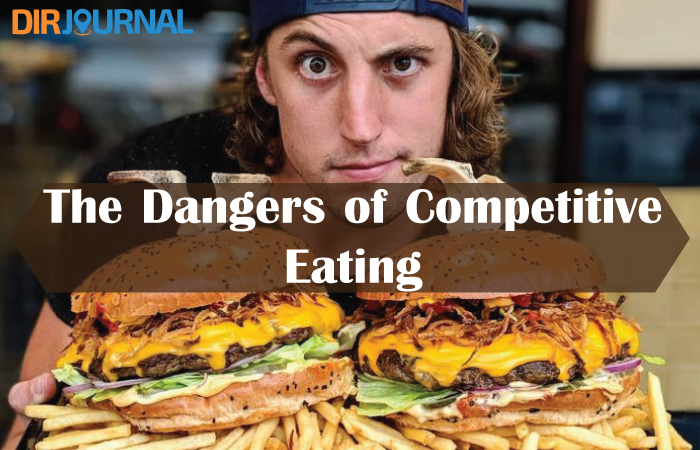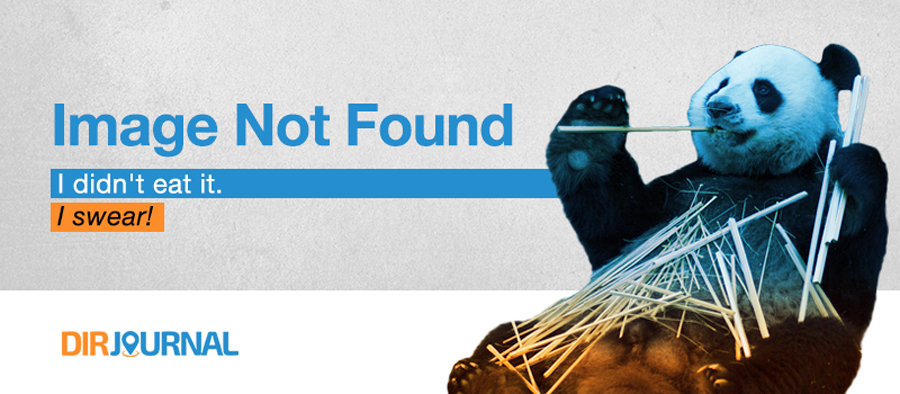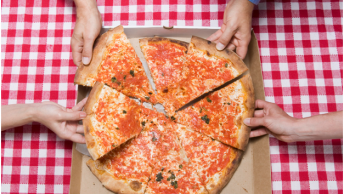Competitive eating is a sport that used to be reserved for county fairs and high school cafeterias. Now, the contests are beginning to become more mainstream and competitive eaters train in anticipation of events and actually travel to compete.
ESPN airs competitive eating contests and helps give the sport legitimacy. Recently one gentleman ate sixty-six hot dogs in twelve minutes. At first glance that isn’t too impressive, but once you think about exactly what sixty-six hot dogs looks like, it’s rather impressive. Not to mention, it’s also somewhat disgusting.
Training for Competitive Eating
There are tricks and training for competitive eating. Professional eaters train their stomachs to handle the amount of food they consume at contests. They gouge themselves on anything from eggs to celery in an attempt to stretch their stomachs and overcome any gag reflex or nausea.
The day of competition, the eaters use a myriad of techniques to help get the food down. Water is one of the biggest helpers during a contest. Eaters drink a great deal of water and often dunk the food they are consuming in water. This is supposed to help the food settle at the bottom of the stomach.
While eating many of the contestants move around. This also moves the food into a more comfortable position. Finally, the eaters pace themselves to ensure everything has time to settle –although I’m not sure if any time is enough for sixty-six hot dogs to settle.
The training also includes preparing the body to process all of the food it intakes. Many eaters work out frequently and monitor their calories and exercise. The most serious compare their training to that of other professional athletes. Not only do the eaters build room in their stomach, they build muscle to help burn off the food they eat.
Too Much Eating
Health professionals are becoming concerned about competitive eating. The sheer volume of food, often unhealthy, is unsafe. Many of the eaters experience weight gain and loss as they struggle to keep their weight under control. Many exist on very light meals or protein supplements on days when they are not training to help balance out the huge number of calories on training or competitive days.
Dieticians also worry about the message this manner of eating is giving the rest of society Competitive eaters work hard to maintain their weight and overall health – some more successfully than others. Serious eaters know that their health could be in danger if they didn’t take extra special care of their bodies to help process the foods they consume.
Regular television viewers don’t know about the running and dieting that goes on behind the scenes. They see only the gluttonous eating on contest days and enjoy the sport of it. It is highly possible that the viewers would try their own form of eating contest or see the massive food intake as permission to enjoy a bit of gluttony on their own. This can lead to serious weight gain and health consequences.










